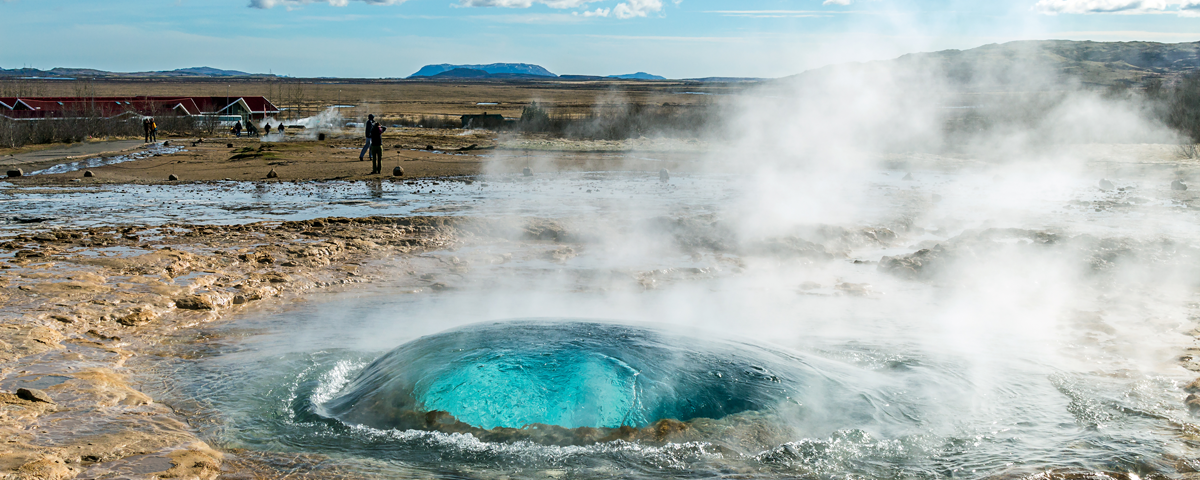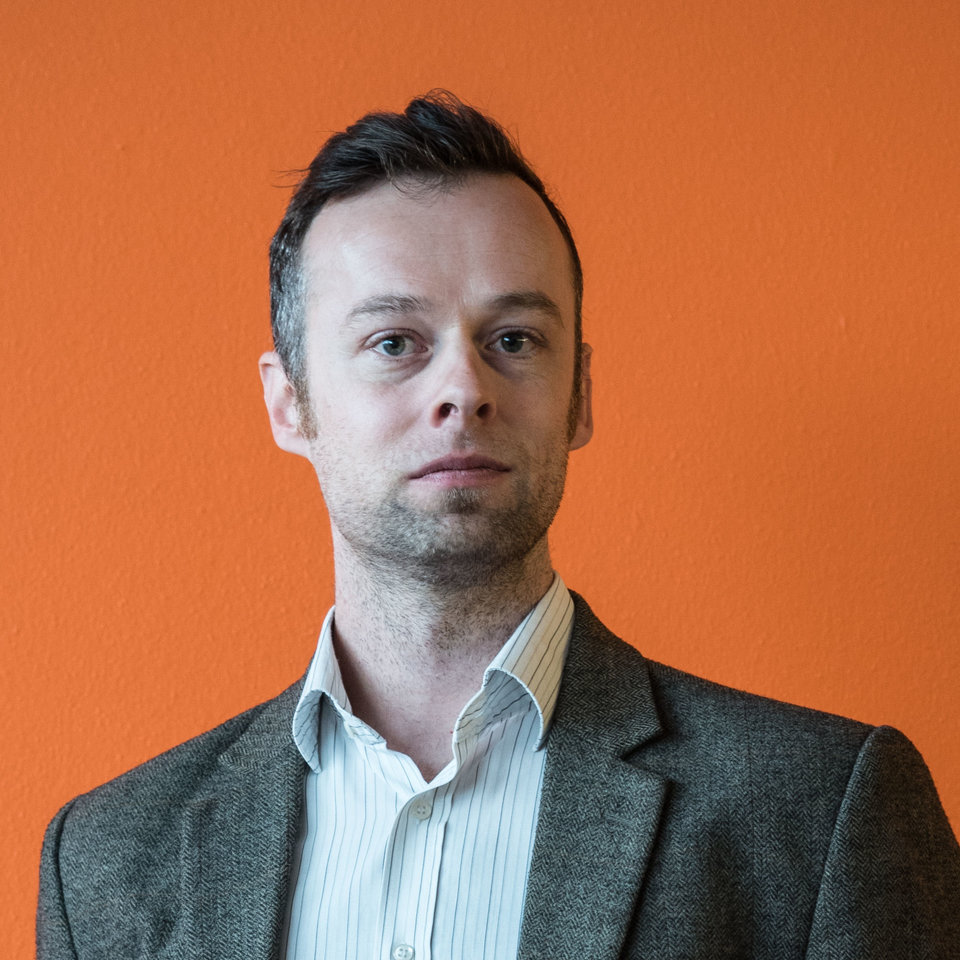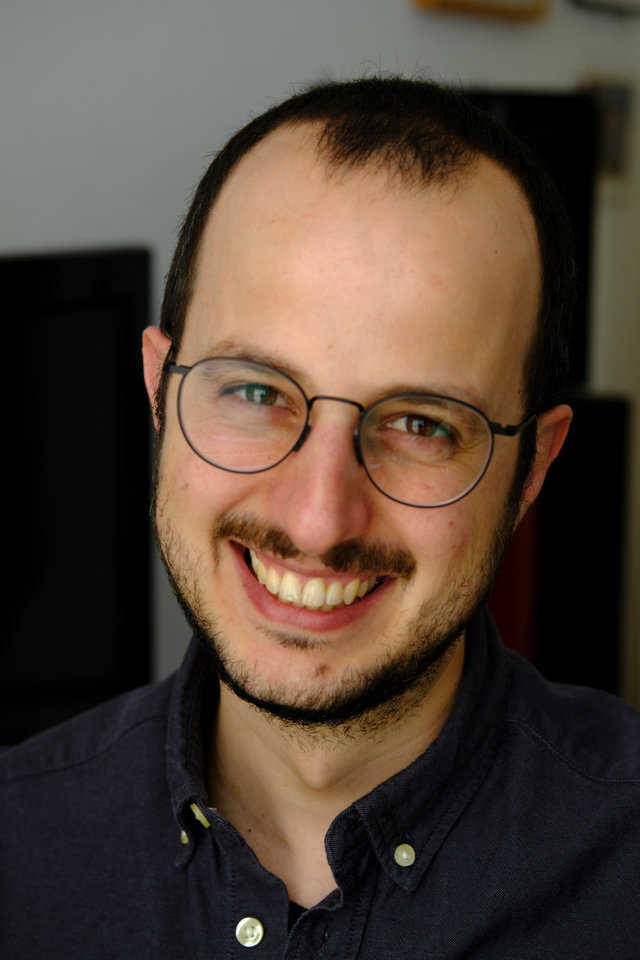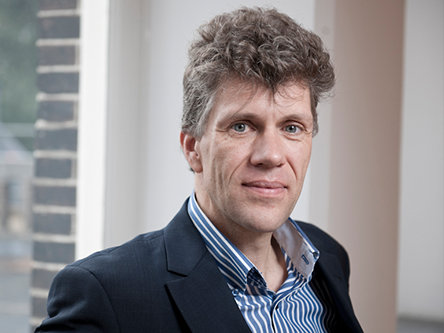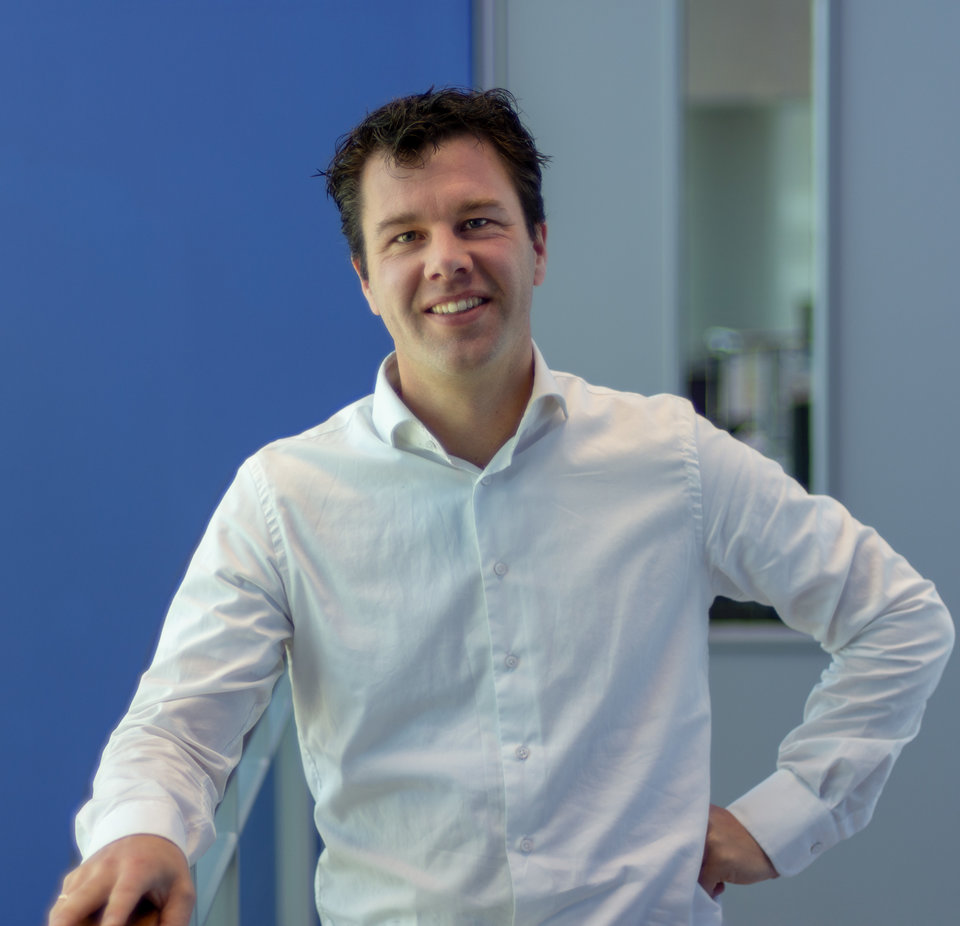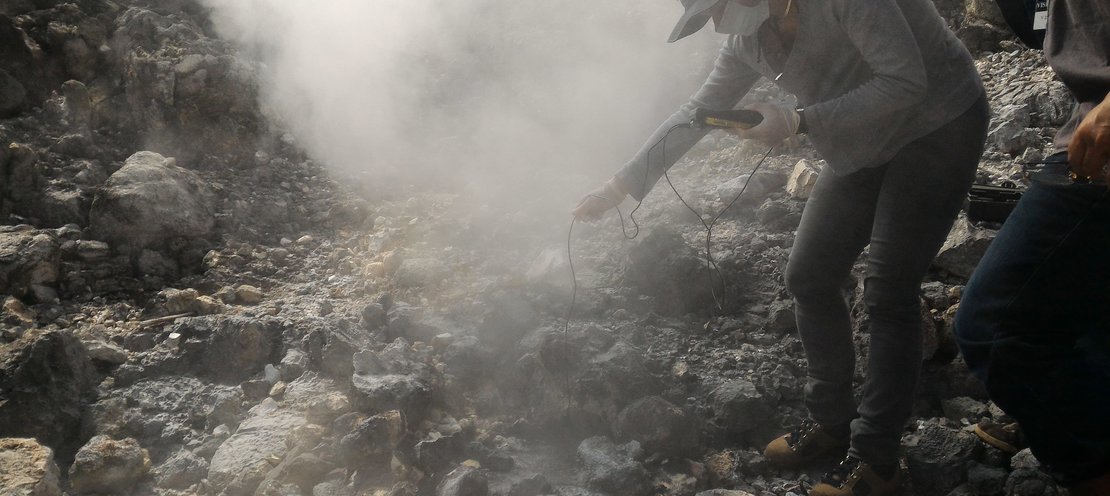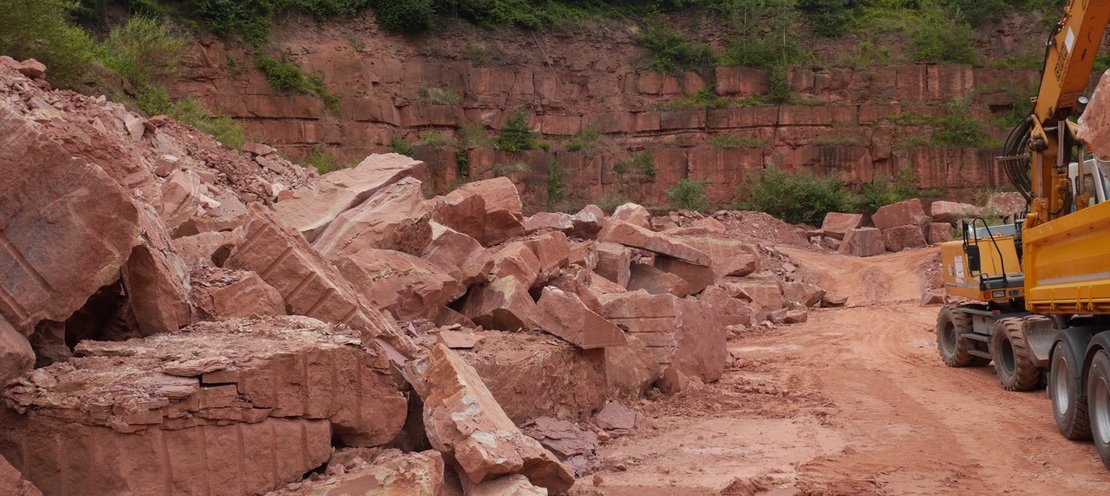Geothermal Science and Engineering is a theme within the Department of Geoscience and Engineering and one of the focal points for current and future research and education. As TU Delft is a multi-disciplinary research environment, where strong fundamental science meets applied societal challenges, it offers the ideal environment for a knowledge centre and a global player in Geothermal research and development.
While geothermal energy can be used to generate electricity, much more of the geothermal energy generated is used directly as heat, and importantly, with a low carbon footprint. Since heat makes up ~80% of the energy use in the urban environment, geothermal energy has the potential to be a key part of the energy transition. Geothermal heat can be extracted directly from the surface all the way to the limits of drilling technology, kilometres below the surface. There is an economical balance between amount of heat extracted and costs of extraction, where different technologies are used to extract the heat from different depths. Moreover, in the shallow sub-surface (100s of meters) heat can also be stored for re-use, for example capturing the summer heat for use in winter, and using the cold ground to provide cooling during summer. Deep subsurface heat (1-5 km) can be used for direct heat supply, and even for electricity generation (where temperatures are over 100 ºC).
Key contacts
Underground Thermal Energy Storage Lead/specialist
How to reduce our reliance on fossil fuels?
Phil Vardon researches the possibilities of geothermal energy for the energy transition. He hopes that in 20 years’ time every new building will be heated by using some sort of geothermal energy.
